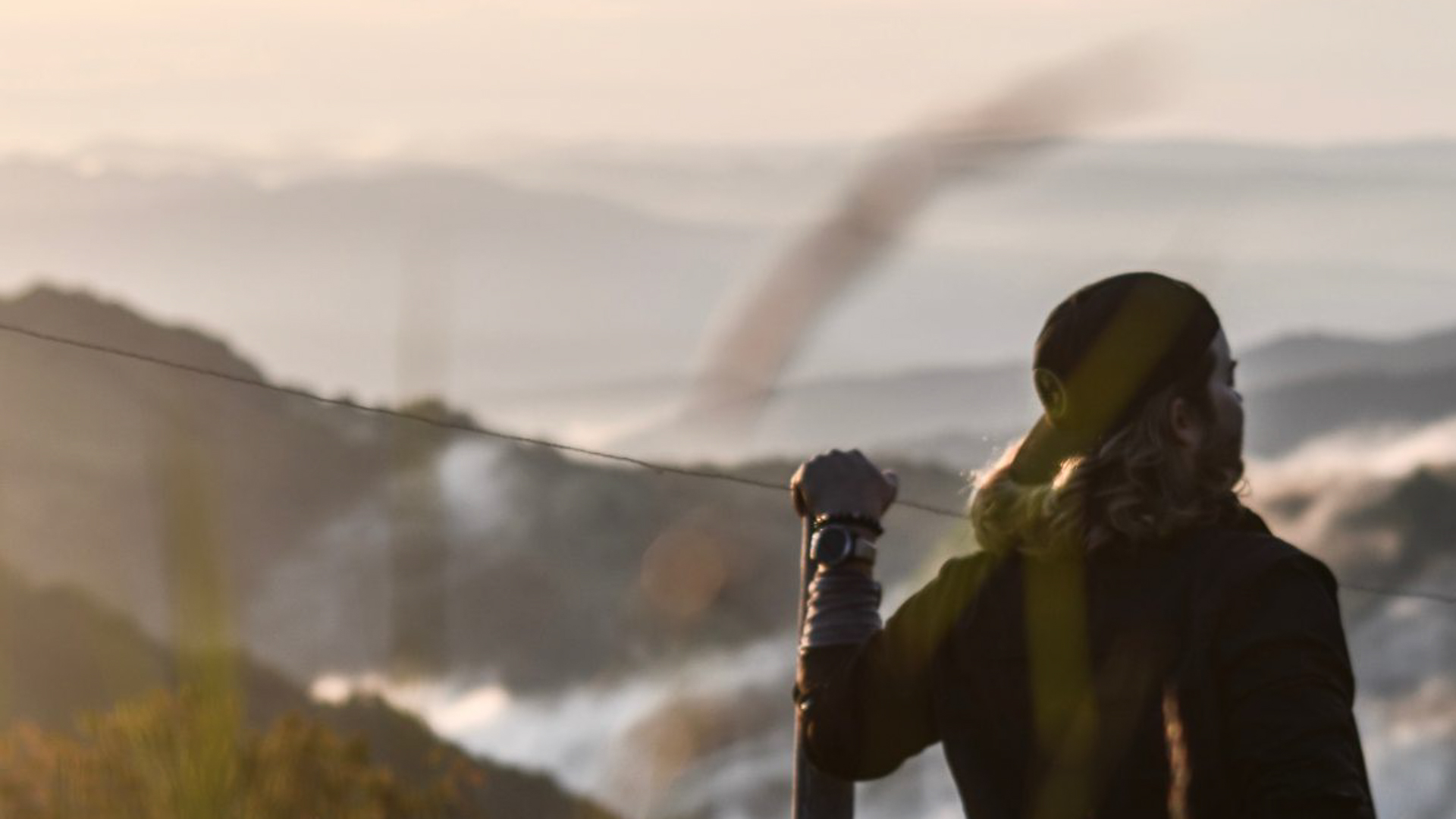
On the first night, lightning streaked across the open expanse of the Badlands National Park as unchecked winds battered my Walmart tent, bending the tent poles down onto my head.
Unable to sleep with a prodding piece of aluminum wedged against my temple, I jumped out of the tent and onto a crawling mass of fist-sized wolf spiders.
I wish I had been more prepared for a camping trip across America.
16,000 miles later, I’d worked out the bugs. Now, having crisscrossed America multiple times with a tent in tow, I’ve put together a short list of camping tips I wish I had known before taking a cross-country road trip.
Use iOverlander — Campsites come in all shapes and forms. Some come with amenities and fees, others are little more than pullouts on the side of a dirt road. Those happen to be my favorite, and while state parks and the National Park Service make it easy to book developed campgrounds online, a community called iOverlander can help you out in a bind.
iOverlander shows developed and undeveloped campsites near you, based on your location. This comes in especially clutch when crowded park conditions leave you without a reservation. Rather than spending precious gas money on a hotel room, check out iOverlander for free campsites near you.

Master campfire cooking — You don’t need to spend a lot of money to make great food at camp. You don’t even have to be a competent chef at home. To master campfire cooking while you’re car camping, try packing a box of kitchen essentials like a pot, a pan, freezer bags, aluminum foil and some spices. Combine them with simple ingredients like steak, chicken and vegetables.
Cooking over the campfire works just like at home, though it might take a little more time or a more watchful eye than a stove or oven. Mastering a few campfire meals will go a long way toward improving the quality of your trip. Not only will your belly be full, but you can avoid the embarrassment of carrying an armful of Lunchables out of the grocery store. Everyone knows what you’re doing with those.
Bring an electric air pump — You won’t be throwing an air pump in a backpacking kit, but this tool is a must-have for car campers. Throughout your journey, you’re bound to negotiate terrain with ruts, rocks and debris that can puncture a tire. It’s happened to me on more than one occasion.
In an emergency, an air pump can help you limp back to town for repairs instead of hitchhiking for a ride in the wilderness.

Stock up on tinder — Not the dating app. Nothing makes the woods feel more welcoming than a campfire. As long as your campsite isn’t under a fire ban, it’s a great idea to make one. Everyone has a favorite method for starting a fire. From fire disks to starter logs to twigs gathered at camp, there are many ways to get a flame going. One of the best, though, is probably one you overlook everyday — dryer lint.
Lint is extremely flammable and burns hot. While you’re not on the road, collect lint in freezer bags and squirrel it away for your campsite. Typically, a single match and a ball of dryer lint can get even the most stubborn sticks to light.
Keep a journal — Days blur into weeks on the open road. It’s almost a guarantee that your scenery will change frequently and the places you see, things you eat and people you meet will make an immediate impression on you. In the moment, it’s tempting to think you’ll always remember them all, but in practice, that’s highly unlikely. Keeping a journal — be it a voice memo or phone videos to yourself or a blog — will help future you see the full picture of the journey that unfolds on the highway.
Bring water — Those 5-gallon jugs of water at the gas station? Grab a few at the start of day one. Having an ample supply of water on hand will help you almost every day. From brushing your teeth to washing dishes to a makeshift campsite shower, water makes every car camping experience better. Usually, water is inexpensive. Sometimes, it’s worth its weight in gold.
Be bear aware — Bears are really no joke. While your odds of being attacked by a bear are extremely low, your odds of being vandalized by a bear are relatively high. Bears are adept at breaking into vehicles in search of snacks and leaving a trail of chaos in their wake. I’ve lost more than one piece of automotive trim thanks to a curious bear. Prepare yourself by keeping a bear-proof container handy and by keeping your vehicle as clean as you can.

Roll with the punches — Your vehicle may break down; your Wi-Fi will cut out; your phone may not work at all. The creature comforts of home usually fade away after enough time on the highway. Weather can completely change your plans when heavy rain or sudden snowfall descends on your route. No matter the case, you’ve got to learn to roll with the punches. When you’re mentally prepared for any situation, most problems that arise have a smaller chance of ruining your day.
Slow down — The biggest mistake I made on my first coast-to-coast journeys came from being in too much of a hurry. I was usually so excited to get to the next destination that I blew by the opportunities for exploration where I was. Cross-country trips can feel like a game of “what’s next,” but you’ll have a much more fulfilling experience if you ask yourself, “what’s here?”






